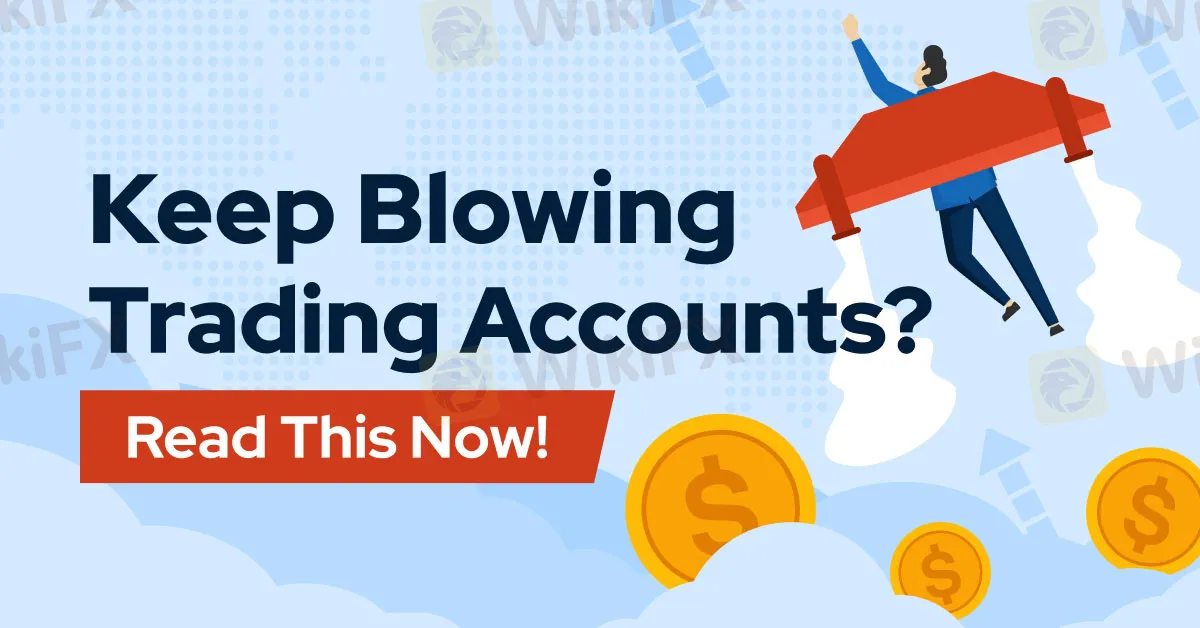Abstract:In the tumultuous world of forex and crypto trading, where the allure of quick profits often leads to repeated blows to trading accounts, aspiring traders must heed the crucial lesson of prioritizing risk management over the search for shortcuts to success.

In the fast-paced world of forex and crypto trading, the allure of quick profits can often overshadow the importance of a fundamental principle: risk management. For aspiring traders, the journey to success is often fraught with challenges, setbacks, and the all-too-familiar experience of blowing trading accounts. However, amidst the chaos and volatility of the markets, there lies a crucial lesson that every trader must heed: prioritize risk management above all else.
It's a scenario all too familiar to many aspiring traders. You enter the market with high hopes and lofty expectations, fuelled by the promise of quick riches and financial independence. Armed with a plethora of trading strategies and technical indicators, you dive headfirst into the world of trading, only to find yourself on the losing end of trade after trade.
But here's the truth: success in trading isn't about finding the perfect strategy or uncovering the next big trend. It's about managing risk effectively and preserving your capital in the face of uncertainty. As renowned trader and author Nassim Nicholas Taleb famously said, “It's not how much money you make, but how much you don't lose.”

So, what does effective risk management entail? At its core, it's about understanding and accepting the inherent risks of trading while implementing strategies to mitigate those risks. This includes setting appropriate stop-loss levels, diversifying your trades across different assets, and avoiding over-leveraging your positions.
One common mistake that many novice traders make is neglecting to set stop-loss orders or moving them further away in the hope of avoiding a loss. However, this approach often leads to catastrophic losses when trades move against you unexpectedly. By setting predetermined stop-loss levels and sticking to them religiously, you can limit your losses and protect your capital from excessive drawdowns.
Additionally, diversification is key to managing risk in trading. Instead of putting all your eggs in one basket, spread your trades across different assets, markets, and timeframes. This not only helps to reduce the impact of any single trade on your overall portfolio but also ensures that you're not overly exposed to any one particular market or asset class.
Furthermore, it's essential to avoid over-leveraging your positions, as this can magnify both your gains and losses. While high leverage may amplify your profits during winning trades, it also significantly increases the risk of wiping out your account during losing streaks. As a general rule of thumb, aim to keep your leverage levels conservative and never risk more than you can afford to lose.
In conclusion, for aspiring traders who find themselves repeatedly blowing trading accounts, the solution lies not in seeking out the next hot tip or trading strategy, but in mastering the art of risk management. By prioritizing capital preservation and implementing sound risk management practices, you can tilt the odds of success in your favour and navigate the treacherous waters of the markets with confidence. Remember, in trading, it's not about how much you make, but how much you don't lose.











